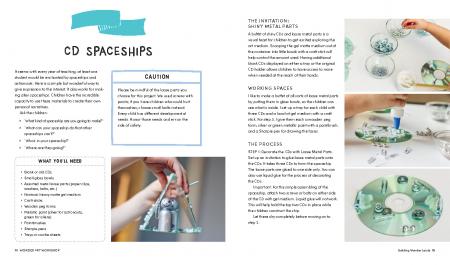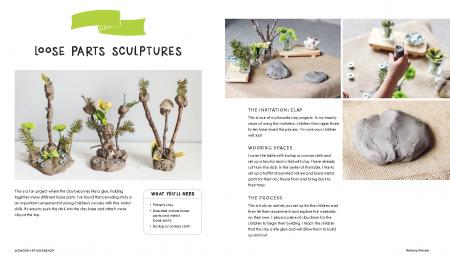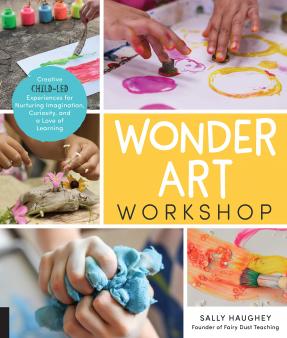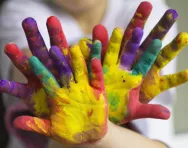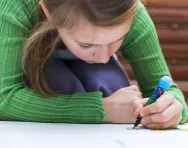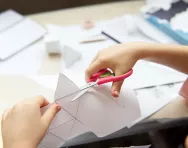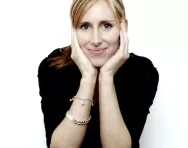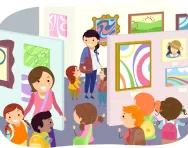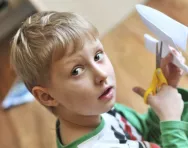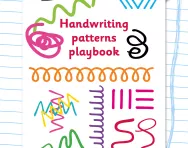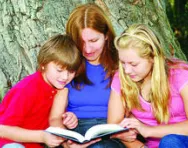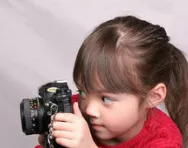TheSchoolRun.com closure date
As we informed you a few months ago, TheSchoolRun has had to make the difficult decision to close due to financial pressures and the company has now ceased trading. We had hoped to keep our content available through a partnership with another educational provider, but this provider has since withdrawn from the agreement.
As a result, we now have to permanently close TheSchoolRun.com. However, to give subscribers time to download any content they’d like to keep, we will keep the website open until 31st July 2025. After this date, the site will be taken down and there will be no further access to any resources. We strongly encourage you to download and save any resources you think you may want to use in the future.
In particular, we suggest downloading:
- Learning packs
- All the worksheets from the 11+ programme, if you are following this with your child
- Complete Learning Journey programmes (the packs below include all 40 worksheets for each programme)
You should already have received 16 primary school eBooks (worth £108.84) to download and keep. If you haven’t received these, please contact us at [email protected] before 31st July 2025, and we will send them to you.
We are very sorry that there is no way to continue offering access to resources and sincerely apologise for the inconvenience caused.
Art and sculpture projects for children
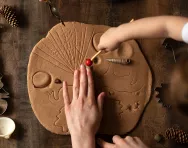
"Children are born with a sense of wonder – their eyes alert to the world’s beauty and their bodies longing to explore and move," says Dr Sandra Duncan, a teacher with over 45 years of experience in early care and education, in her foreword to Wonder Art Workshop by Sally Haughey.
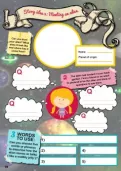

Download a FREE Creative Writing toolkit!
- KS1 & KS2 workbooks
- Bursting with fill-in prompt sheets and inspiring ideas
- Story structure tips, style guides and editing suggestions
"It is unfortunate, with the passage of time, that children’s eyes turn dim, their bodies become still – and their inquisitive minds grow quiet. Rather than directing their attention to the colourful butterfly floating across the azure sky, young children’s attention is more focused on one-dimensional objects appearing on the television or computer screen. Rather than experiencing the feeling of mud or manipulating clay in a hundred different ways, they are experiencing plastic molded and single-use toys with no visual or kinesthetic textures. Instead of being mesmerised by how paint flows and drips on the paper, they are memorising the letters of the alphabet.
"It is time to bring back wonder into young children’s hearts and lives – to put aside the worksheets, the plastic toys, and the paper plate art project where the teddy bears with googly eyes all look exactly the same.
"It’s time to abandon traditional classroom arts and crafts projects that are more interested in a tangible output or replicated end product, which in most instances means every child’s work looks pretty much the same as everyone else’s."
Help your child develop their artistic skills with these hands-on, play-based sculpture activities, which start with art but lead into creative investigations of other subjects, including science and literacy. The author's wonder-based approach reflects and synthesises several child-centered educational movements, including Montessori.
Make a CD spaceship
Make a loose parts sculpture
Make a tube sculpture
More art and sculpture ideas for children
If you've enjoyed this extract from Wonder Art Workshop by Sally Haughey (£16.99, Quarry Books), invest in the book for another 22 activities that let your child take the lead in developing their own sense of intrinsic motivation to imagine, experiment, and discover.
